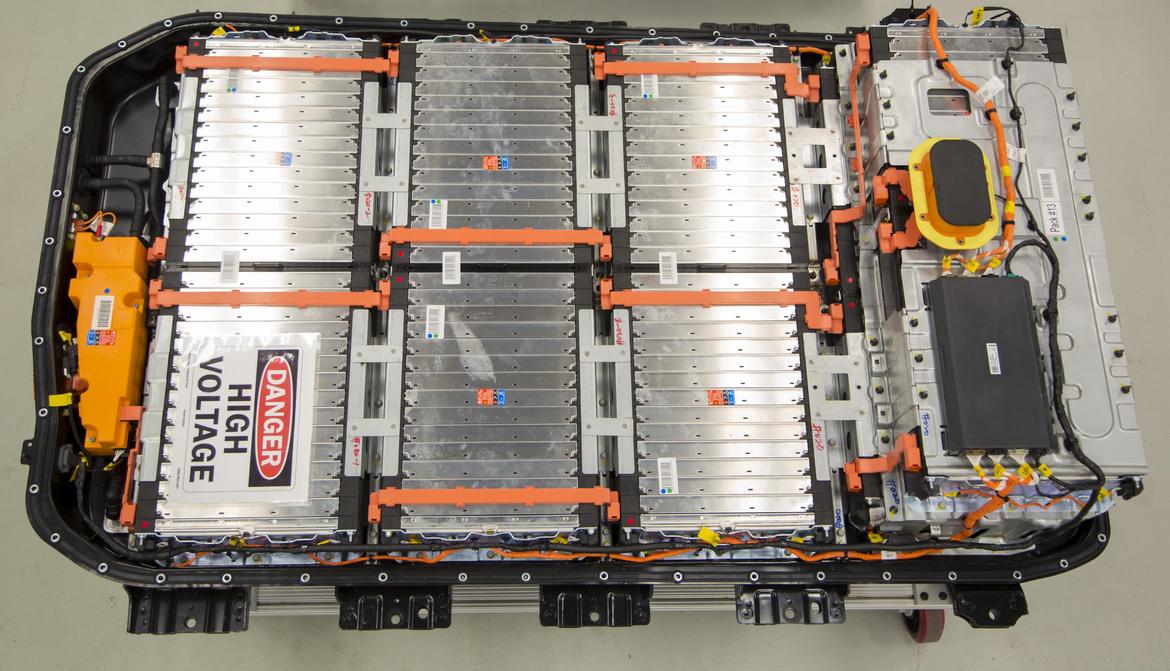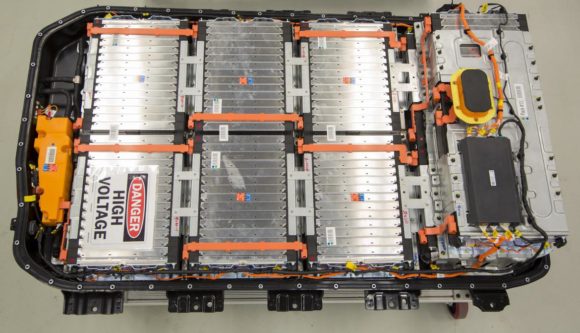
Busting EV Myths #4: Replacing That Battery Will Bankrupt You And Kill The Planet

The minute many people hear the term “Lithium-ion Battery”, what comes to mind are those rechargeable Double A’s their kids interminably waited on to power their toys. And as soon as they see both the size of an EV battery and the attached components appearing freshly harvested from a desktop computer, they conclude that paying for years of gasoline purchases will be far less painful than the bill that must inevitably arrive to have one of those babies replaced.
What’s more, having experienced the rigmarole of recycling the 12 volt brick their current car relies on, they suspect you won’t be doing the planet any favors once your EV battery dies.
And die, it certainly will, giving credence to the EV myth that replacing it will be prohibitively expensive while simultaneously tipping something enormously toxic into a nearby landfill.
Like all batteries, over time, the one powering an electric vehicle will degrade, losing some of its capacity. But that happens at a far slower rate than you might expect. The average Tesla Model S, which debuted in 2013, still retains more than 90% of its capacity after five years of driving. In fact, the industry standard in EV battery warranties is 8 years.
That’s better than you can get on a home water heater these days.
Meanwhile, battery technology is advancing at break-neck speed as engineers improve their capacity, charge rate and life span, with the cost of replacement consistently dropping as the materials used to build and cool batteries improves.
And as far as poisoning landfills goes, that’s not going to happen either. Current recovery processes recycle 96% of EV batteries. And many recyclers will pay for the privilege, given the value of many of the minerals recovered — which, by the way, mostly end up in new EV batteries.
Compare that to the only 38% of material recovered from bottle recycling.
So, eliminate concern about the battery life and ultimate demise of EV batteries. Like so much in the negative narrative about electric cars, it’s just a myth.


